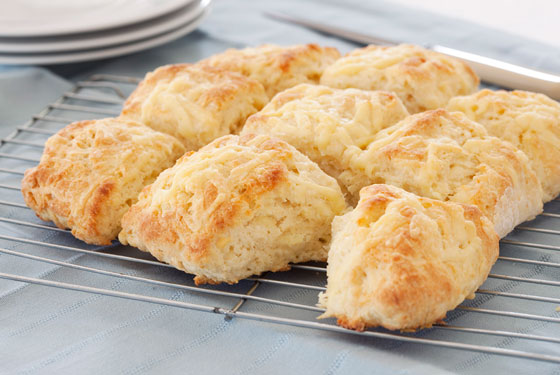This is what my groups scones should have come out like:

This is what my groups scones came me out like:

Solute
|
Number of teaspoons that dissolved in 100ml of water
|
Baking soda
|
5
|
Table Salt
| 3 |
Greatest achievement from last year:
Getting Year 8 1st in maori -Prize giving
| |
Subjects taken this term
| |
Hurumanu
1: Hurumanu 3 (Social studies & Science)
2: Hurumanu 4 (English & Maths)
3:
Physical Education
Health
Option 1: Maori
Option 2: Home economics
Option 3: Visual arts
| |
Academic Goals
Short term (term):
To be confident in every class (eg; speak up)
Long Term (year):
To work towards getting awards this year at prize giving.
Non-academic goal (can be out of school):
Getting “Player of the year” in my netball this year.
| |
What are my learning strengths
|
What are my learning work ons
|
What will my next steps be?
How will I achieve this?
| |